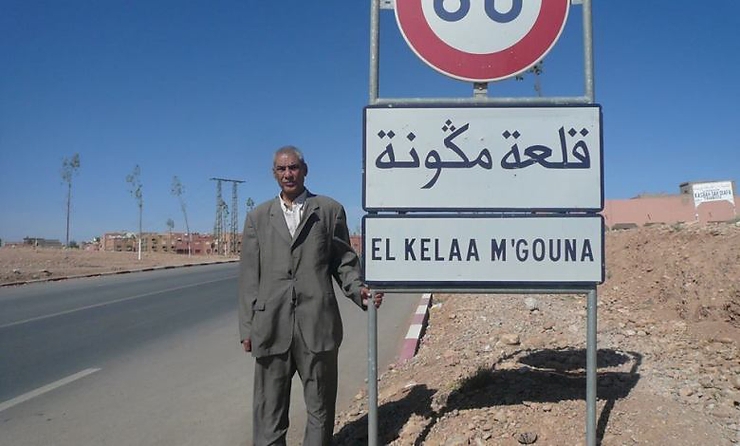Abdul Nasser bin Hesham.
My companion, it has been forty days since your departure, and I still haven’t fully grasped the fact that you have left us forever. Forty days have passed, and the idea that I didn’t call you as I used to do every morning to check on your health still crosses my mind. Sometimes I think about visiting you.
My friend, for the first time in years, I write a text without referring it to you for revision and correction of any mistakes it may contain. Please forgive my errors, as I am not at your level of proficiency in the Arabic language, nor do I possess your mastery of its structure, composition, intricacies, or knowledge of its ancient and modern poetry. You, who on your deathbed, amidst the ravages of disease in your body, repeated verses by Zuhair bin Abi Sulma, Al-Ma’arri, and other pre-Islamic and post-Islamic poets, with a voice interrupted by illness but still reflecting the clarity of your mind.
Oh, my teacher, I will never forget your response when I asked you about your will after your doctor informed us of the spread of the disease throughout your body, suggesting that it would be better for you to be with your family… We understood what she meant. At home, I started congratulating you on your return to your home, repeating, as I used to do before, that you would recover and overcome this ordeal as you had overcome ones more difficult. I reiterated phrases that we used to exchange during the days of “Graves of Life” to encourage each other to endure and resist. Then I spoke about death that pursues all of us, and none of us knows who will be first. I tried to choose my words carefully… You didn’t allow me to prolong the conversation; you smiled, and your response came shattering, carried by a weak voice, as if you exerted yourself to reach my ears:
My daughters, do not be saddened, All people are destined to depart.
My daughters, have patience, my beloved, And do not complain about the calamities.
I lament with sorrow, Behind your concealment and veil.
Say to me when you call, And I fail to respond.
Abu Firaas, the beauty of youth, Who was not blessed with youthfulness.
At that moment, my memory flew back to the years of hell when you took us far away from its flames and the oppression of its misery. You recited poems, explained them, narrated the circumstances of their creation, and painted in our imaginations scenes of the Arab desert, their palaces, and their prisons.
What can I say about you, O Zain Al-Shabab, who was not blessed with youth? You, who wrestled with the gas disease in your intestines for nine years, with the same determination that you faced the lashes of the executioner attempting to uproot your principles, values, and humanity for nine years. You, who did not succumb to your strength and good nature, a life that rejected it since your youth.
Will I do you justice in this testimony? Will I be able to recount all the qualities that resided within you? Where should I start and what should I talk about?
Shall I talk about patience? You were patient, capable of enduring with a constant smile and a sense of humor that never left you. Shall I talk about honesty? My friend, you were sincere. Shall I talk about loyalty? You were loyal. Shall I talk about loyalty? You were faithful. You were a man of principles. You didn’t trade your suffering or sell your principles. You were kind-hearted, selfless without expecting anything in return. You were humble, calm, open-hearted, avoiding

